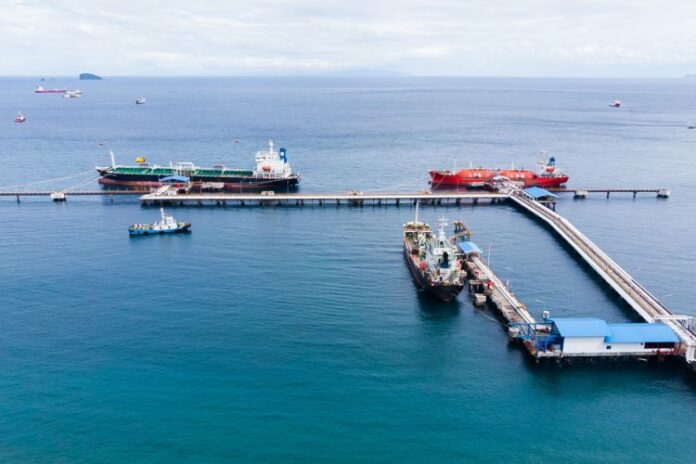ITOCHU Corporation established a joint study framework of 23 companies and organizations with the objective of collaboratively discussing common issues in pursuit of the utilization of ammonia as an alternative marine fuel.
Recently, 11 companies and organizations have joined this joint study framework, expanding it to 34 companies and organizations. The 11 companies and organizations are Anglo Eastern Ship Management, BHP, Bureau Veritas, CMA CGM, INPEX, JFE Steel, Lloyd’s Register, Maersk, Navios Group, Rio Tinto and Vitol Asia. This expansion is an indicator of the high level of interest in the utilization of ammonia as an alternative maritime fuel.
In 2021, the Joint Study Framework will discuss common issues including:
- Safety assessment of NH3 fuel ship under guideline,
- Safety assessment of NH3 bunkering,
- NH3 fuel specification,
- NET CO2 emission at NH3 production.
The discussion has included collaborators from CF Industries, Nutrien and Yara, major ammonia producers. Going forward, the Joint Study Framework will seek to share opinions, view, expertise and experience with other ammonia producers, related international organizations, port authorities and regulators in potential bunkering countries.
The aim of the Joint Study Framework is to verify and organize common issues regarding the use of ammonia as a maritime fuel, which is a new challenge for maritime stakeholders. Also, this is a step toward advancing an integrated project involving ITOCHU and its partner companies working to develop ships using ammonia fuels and establish a global ammonia supply chain. For its part, ITOCHU will accelerate the development of sustainable energy systems through these initiatives and ensure its contributions to the SDGs and improvement of related efforts, one of the basic policies laid out in its new medium-term management plan, as the company pursues a low-carbon society.



